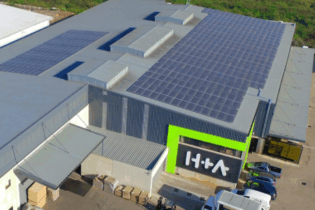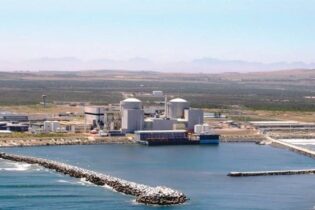Hydrogen fuel cell technology is being used successfully to provide standby power in some schools in the Eastern Cape.
The power generated by the fuel cells is used to support basic energy requirements, for example, charging stations for tablets, fax machines and computers. The use of hydrogen fuel cell technology is part of a pilot project led by the Department of Science and Technology (DST). The DST has partnered with the private sector in a pilot project to use hydrogen fuel cell technology in three schools in Cofimvaba in the Eastern Cape. The schools include Arthur Mfebe Senior Secondary School, St Marks Junior Secondary School and Mvuzo Junior Secondary School. Anglo American Platinum sponsored three platinum-based fuel cell systems, including installation and ongoing maintenance and operations. Air Products is supplying the hydrogen fuel requirements, while Clean Energy Investments (a South African company co-owned by the DST and Anglo American Platinum) commissioned the fuel cells to bring standby power to the schools.Air Products conducted feasibility assessments and erected hydrogen storage facilities according to international standards to supply the fuel cells at the three schools. All the fuel cell power systems have been operating since September 2014.
Speaking at the launch, the Minister of Science and Technology, Naledi Pandor, noted that the Cofimvaba initiative demonstrated that collaboration between the public and private sectors was essential to improving living conditions in society. Andrew Hinkly, Executive Head Marketing of Anglo American Platinum said, “This collaboration provides the opportunity to demonstrate not only the technical ability of platinum-based fuel cells to power rural schools, but also contributes to the improvement of the quality of teaching and learning in a rural context. “The education initiative has been an inspiration to learners, enhancing their aspirations for vocations in science, technology, engineering, mathematics and innovation. These skills are key to creating a knowledge base to support fuel cell deployment and, ultimately, a new, high-tech fuel cell industry in South Africa.”






